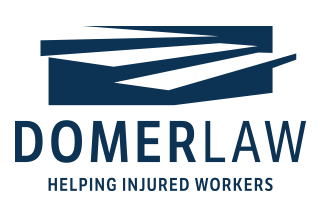Patients can rely on their healthcare providers for assistance in a wide variety of different situations. However, when transferring those patients between beds, wheelchairs and other positions, nurses and nursing assistants may risk injuring themselves in the process.
Overexertion is a common source injury
As the Occupational Health and Safety Administration (OSHA) notes, healthcare workers suffer one of the highest instances of musculoskeletal disorders, and amounted to more than 18,000 days away from work due to injury. These musculoskeletal disorders often involve sprains and strains of the back and lower body due to lifting or repositioning patients. Nurses and nursing assistants may also develop tennis elbow, carpal tunnel syndrome or other issues related to inflammation.
What causes transfer injuries?
Because they work directly with patients and often need to help those patients move throughout a healthcare facility, nurses and nursing assistants have particularly physically demanding jobs. This is especially true in facilities like nursing homes where long-term care requires staff to repeatedly transfer or move those patients. Any transfer of a patient from one position to another could cause injuries, and transfers that can cause injury to nursing assistants include:
- Transferring patients from toilet or bathtub to chair
- Transferring patients between their wheelchair and bed
- Repositioning patients in their bed or chair
- Making a bed with the patient in it
- Lifting a patient in bed
- Transferring patients for diagnostic procedures
While patient handling equipment can help prevent some injuries, nurses and nursing assistants may still face overexertion injuries. If you have experienced a sprain, strain or other injury while helping patients in your work, workers’ compensation benefits could offer you the financial support you need to recover.


